Wisconsin Pride – Black Nite Brawl
§ §
Narrator: In the summer of 1969, in New York City, six days of protests and clashes with law enforcement erupted following a police raid of The Stonewall Inn, a local gay club. The Stonewall Uprising would become famous as the catalyst for the gay rights movement in America. But anger had been brewing across the country well before Stonewall became a flash point.
[rumbling skies]
Michail Takach: Eight years before Stonewall, the Black Nite Bar was the scene of the first LGBTQ uprising in Wisconsin history.
[thunder claps]
Narrator: A rainy August 5, 1961. After a night out on the town, three sailors found themselves outside the Milwaukee gay bar, The Black Nite. The servicemen had been sent there on a dare. When asked to show their ID at the door, they panicked, dragged the bouncer outside, and attacked him. A nearby bar patron refused to stand by and do nothing.
Michail Takach: The heroine of The Black Nite was Josie Carter, an African American gender non-conforming queen of color.
Josie Carter: I’m Josie Carter. And, oh gosh, look out!
[shrieks warmly]
Michail Takach: Josie ran out there with a beer bottle in each hand and knocked one of the sailors unconscious and hit the other one over the head.
[glass shattering, shouting]
They dragged their friends out of there and said they’d be coming back to teach gay people a lesson.
Narrator: Bullied as a child, a survivor of sexual violence, Josie Carter refused to be harassed any longer.
Josie Carter: I have to be me. If I can’t be me, what the hell?
Michail Takach: Josie really was everyone’s best friend.
Narrator: For Josie Carter and her friends, The Black Nite Bar was a second home, a place worth fighting for.
Josie Carter: Just let me live my life, and you live yours. And we’ll get along beautifully.
Narrator: She warned the others in the bar about the attack, rallying them to stand their ground.
Michail Takach: People got really mad because they were like, “We have this one space. “We have this one space in Milwaukee “we can go and be ourselves “and dress however we want and express however we want. And now, they’re coming in here and harassing us.” And Josie’s response was, “We don’t run from a fight.”
Josie Carter: I’m not a runner. I mean, the high heels… I’m sorry. I do not run.
Narrator: The sailors returned with about a dozen others in reinforcements, but were in for a surprise.
Michail Takach: The sailors were met by 74 bar patrons who were mad as hell and not taking it anymore.
[angry shouting]
Narrator: The two sides clashed.
Michail Takach: The brawl literally destroyed the bar. All the windows were broken. All the glass in the bar was broken. Everything was just destroyed.
[police siren]
Narrator: The police broke up the fight and arrested the three sailors. The violence that night drove the headlines. But a larger message was sent.
Michail Takach: Other gay people saw news clippings about “The Black Nite Brawl” and said, “Oh, my gosh, there are people like me. “And they’re not putting up with it. And they are fighting back.” This was a big deal in 1961.
Narrator: Beyond a place of refuge, the gay bar became a symbol of liberation, galvanizing a community.
Víctor Macías-González: There wouldn’t be a gay movement without gay bars.
Michail Takach: The Black Nite was the first in a series of dominoes that fell that really advanced Wisconsin on the national landscape in terms of gay rights, gay protections, and gay awareness.
Narrator: But the fight for equality was only just beginning.
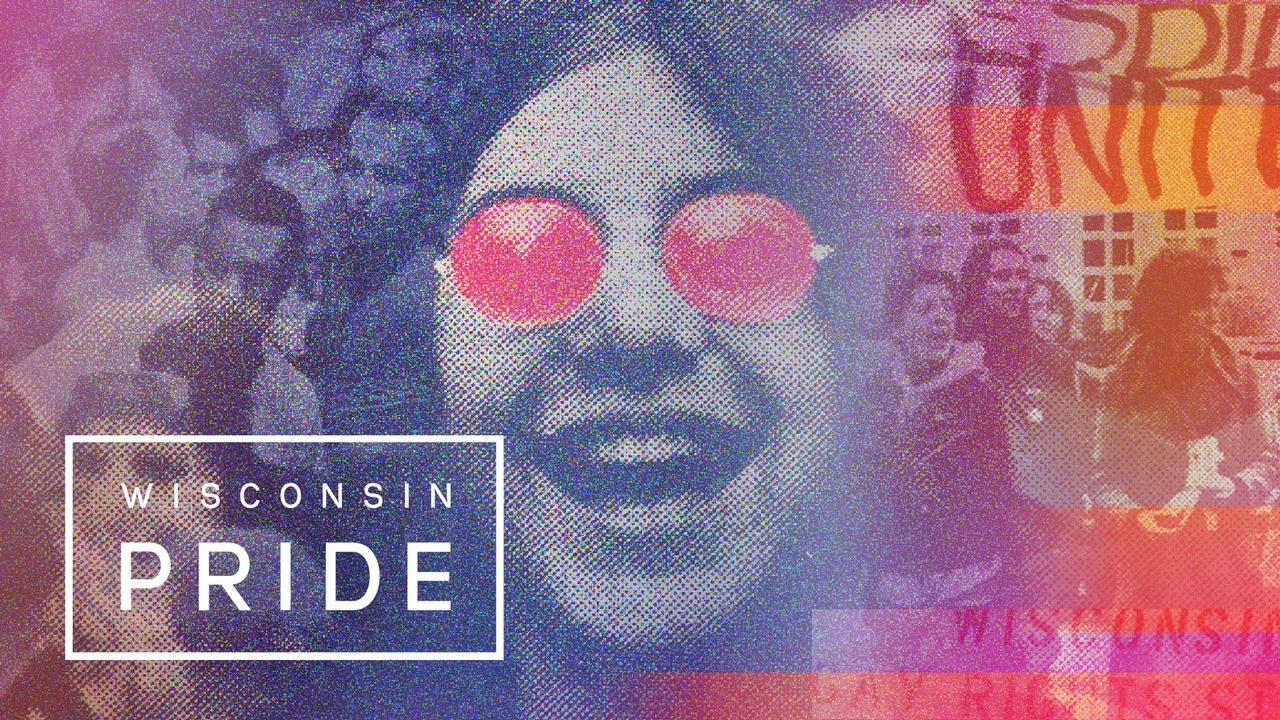
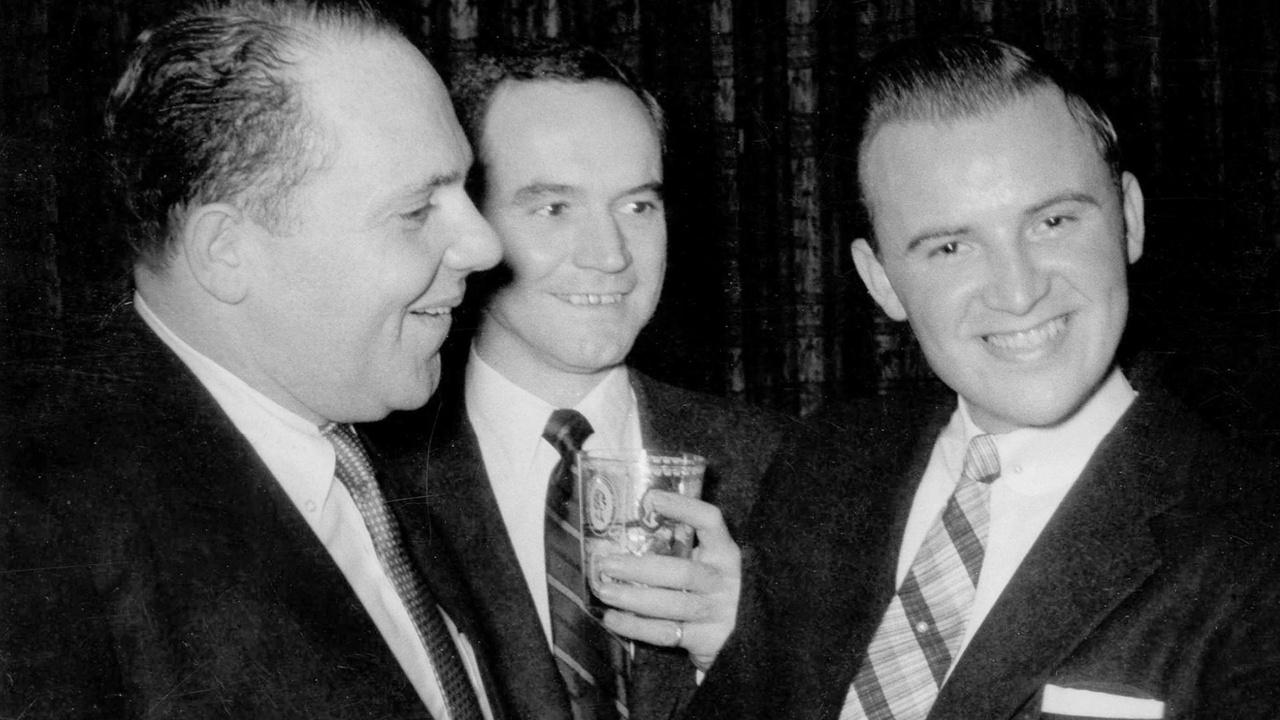
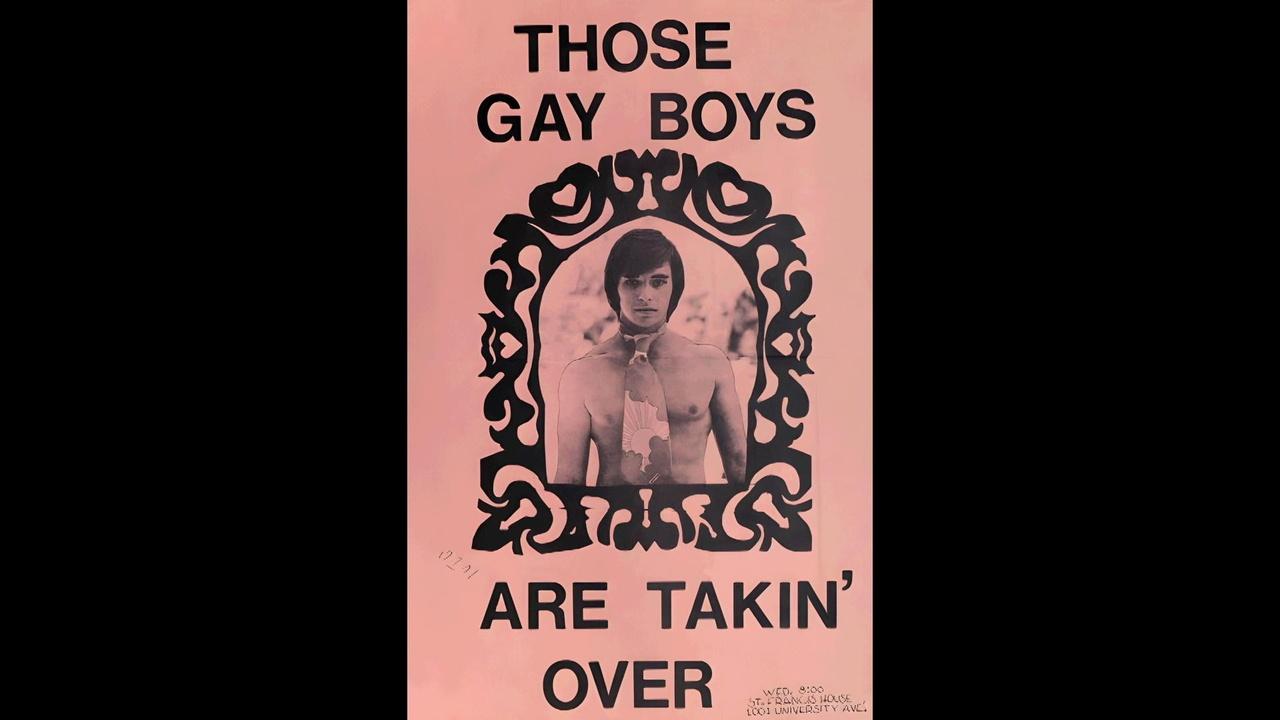
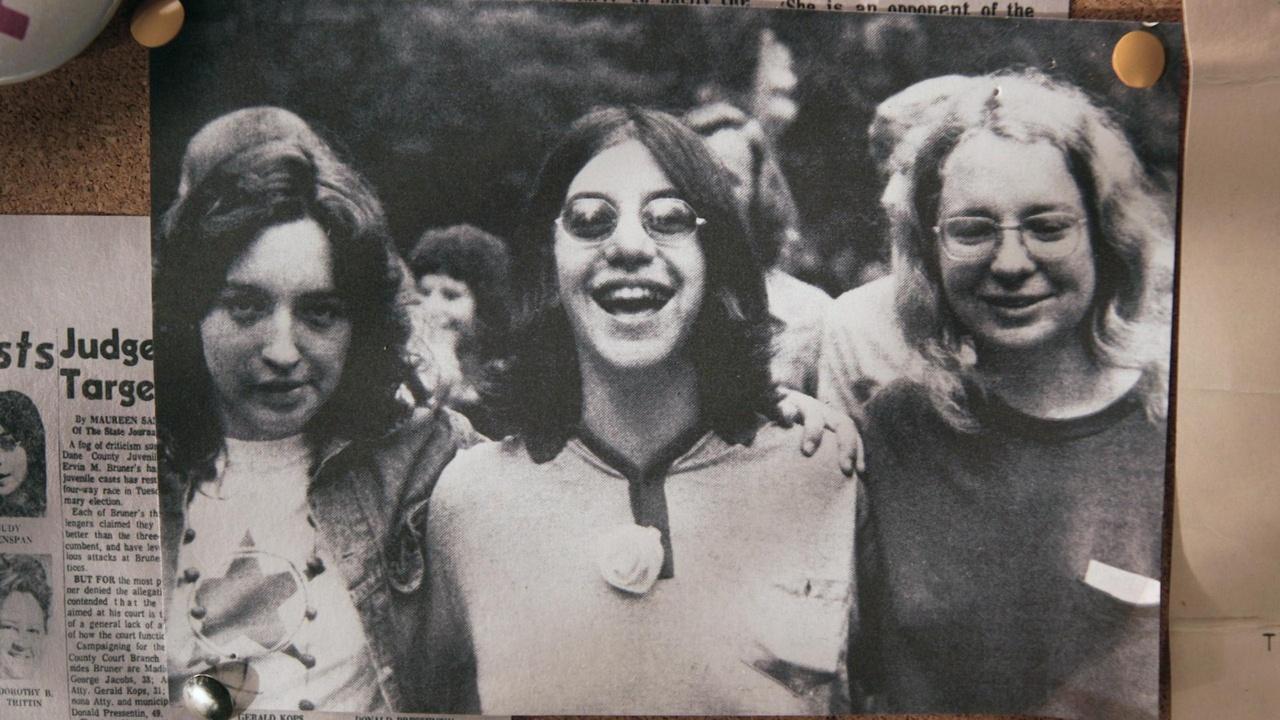
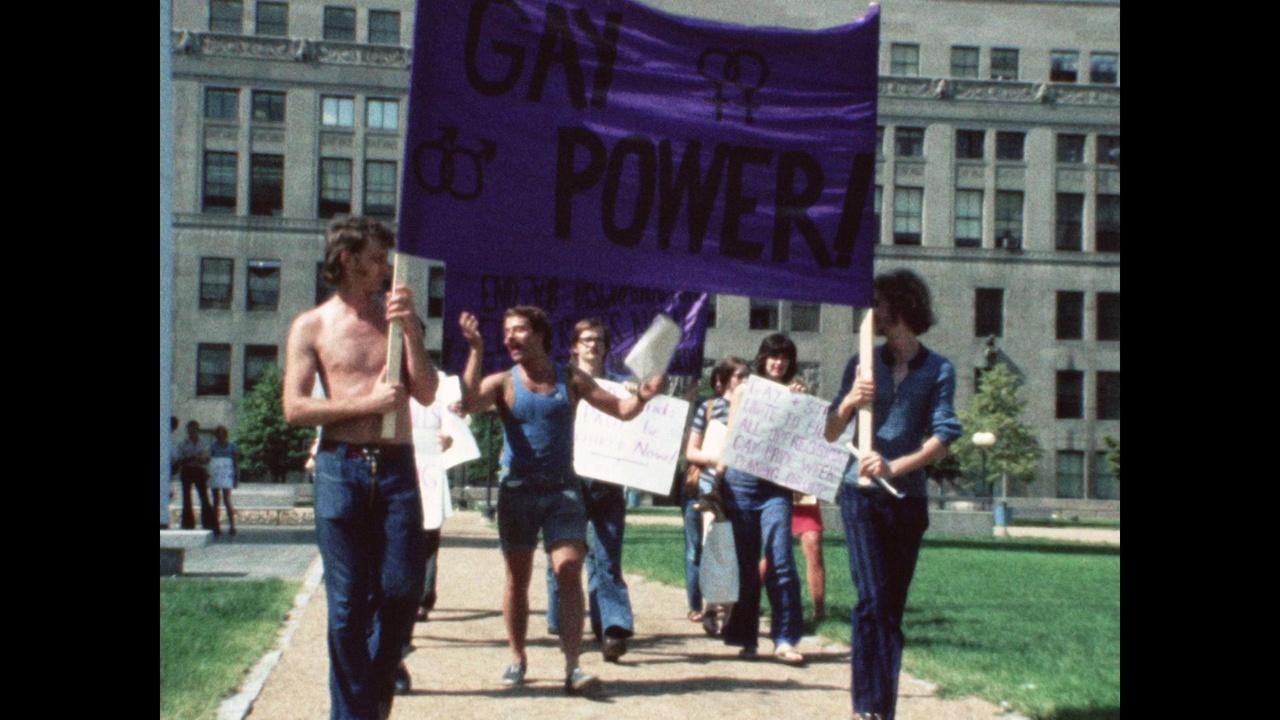
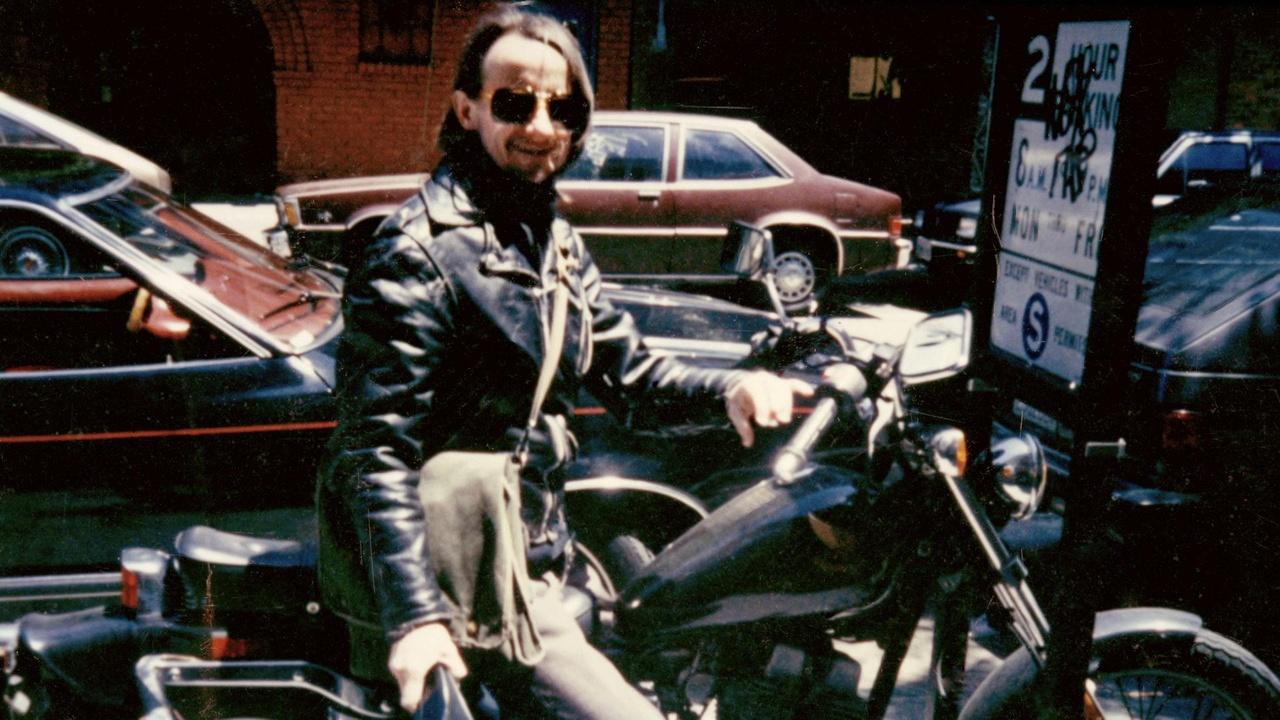
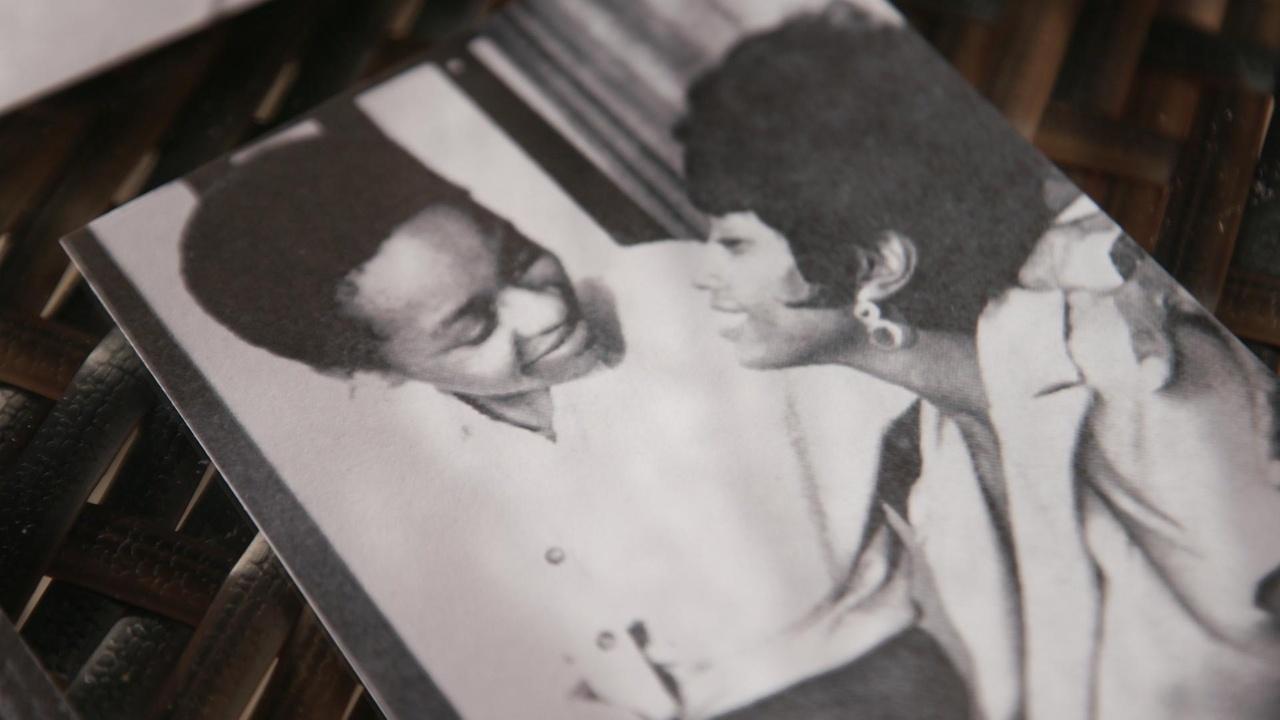
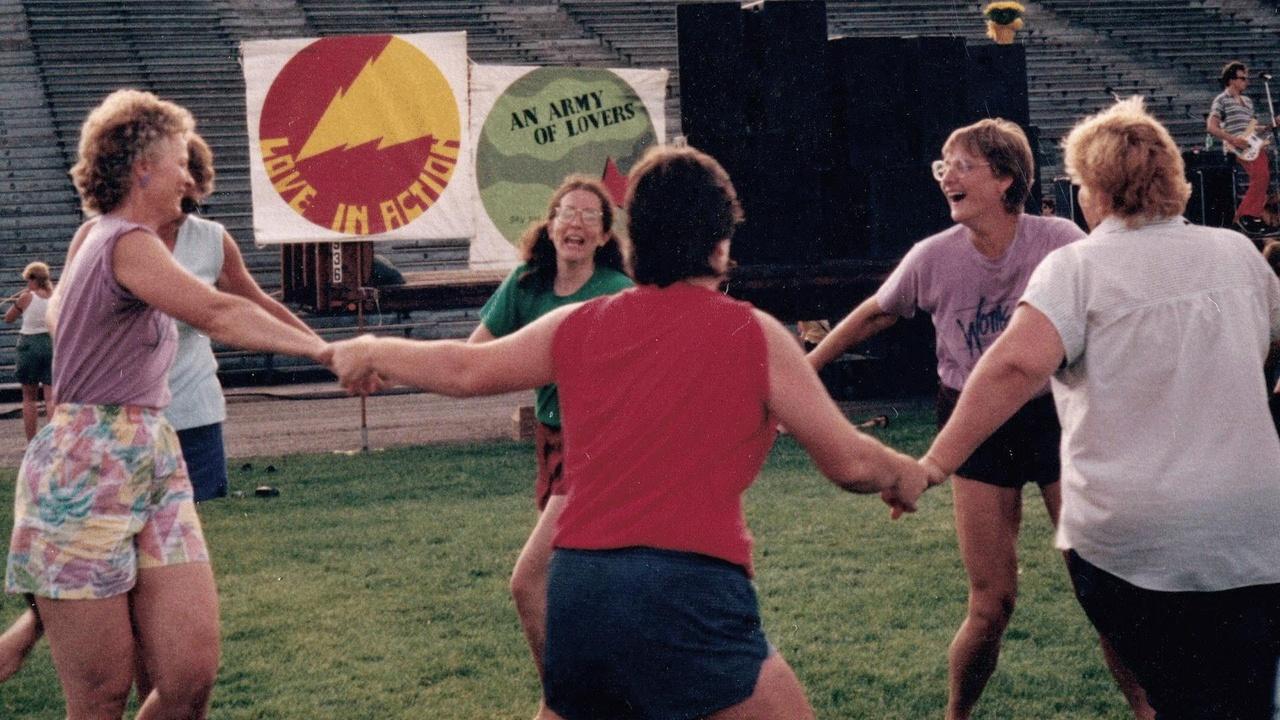
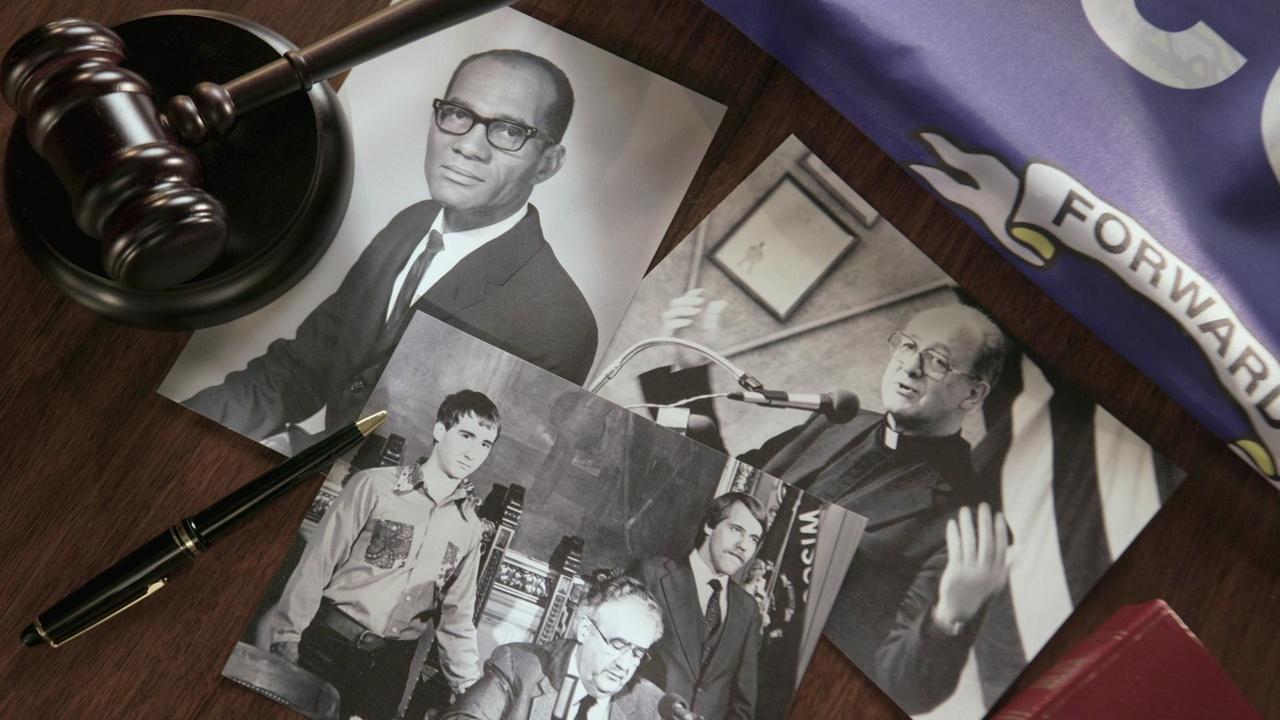
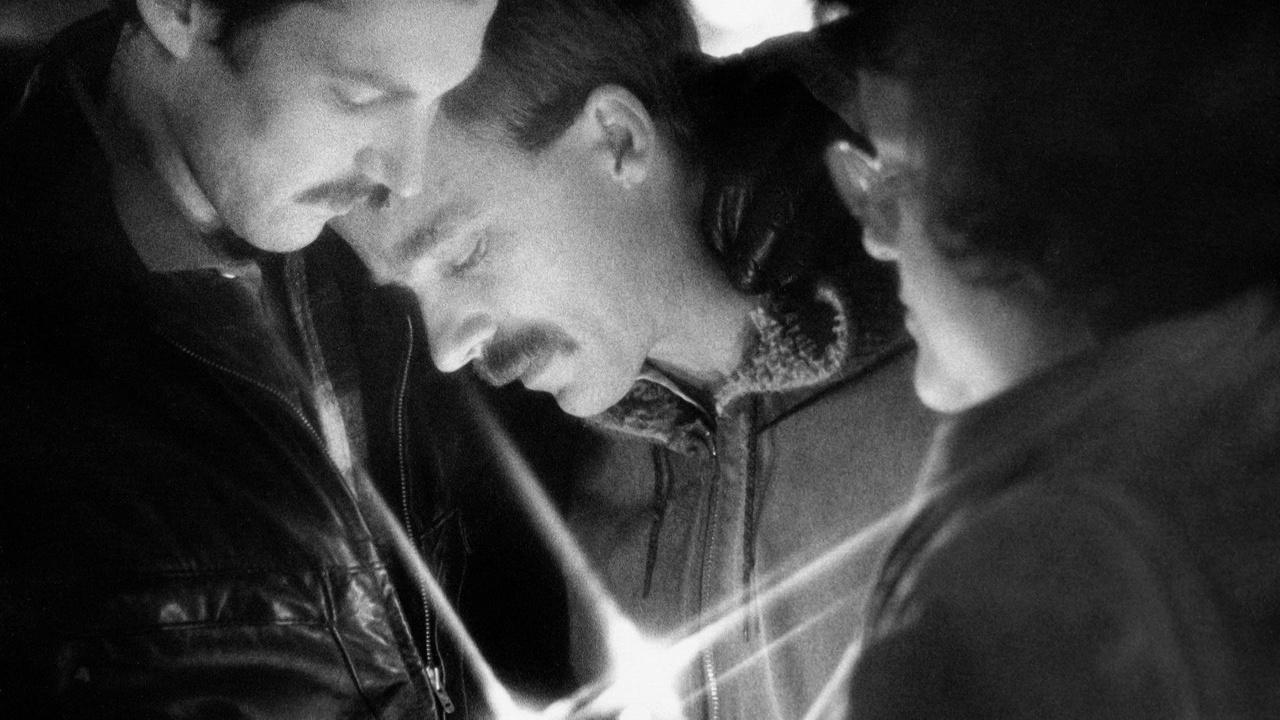
 Passport
Passport






Follow Us